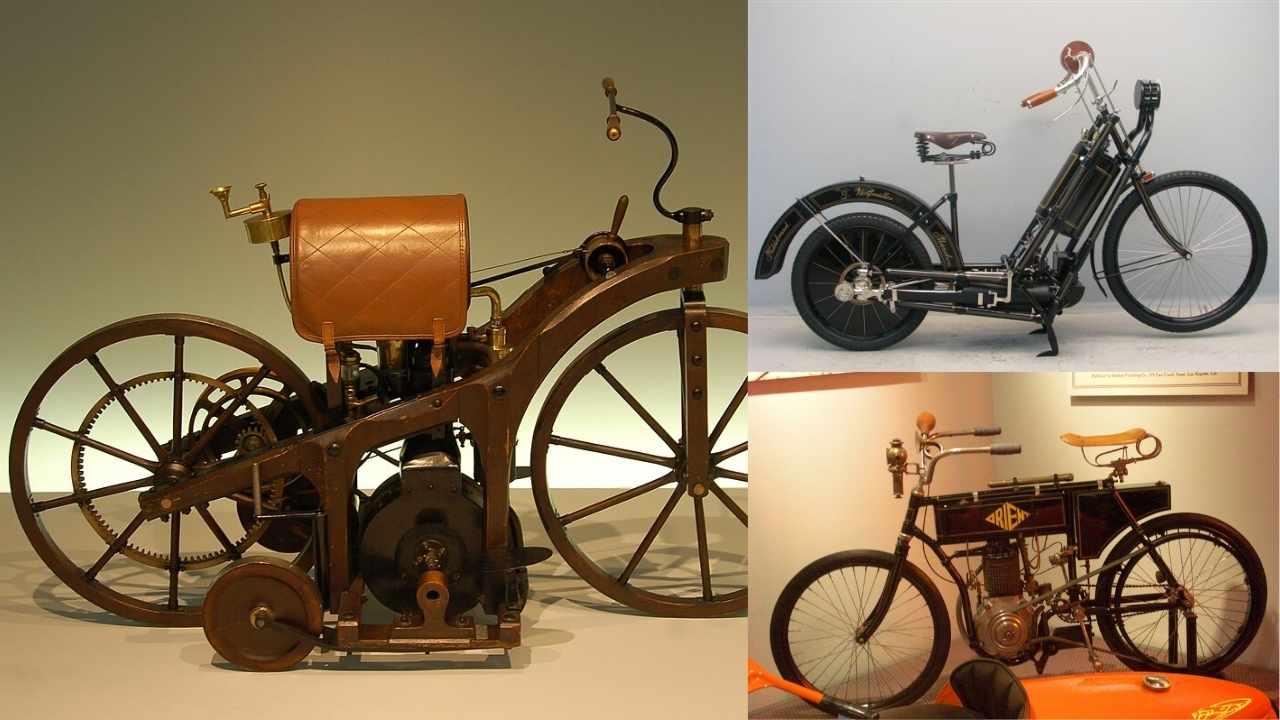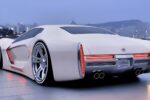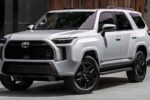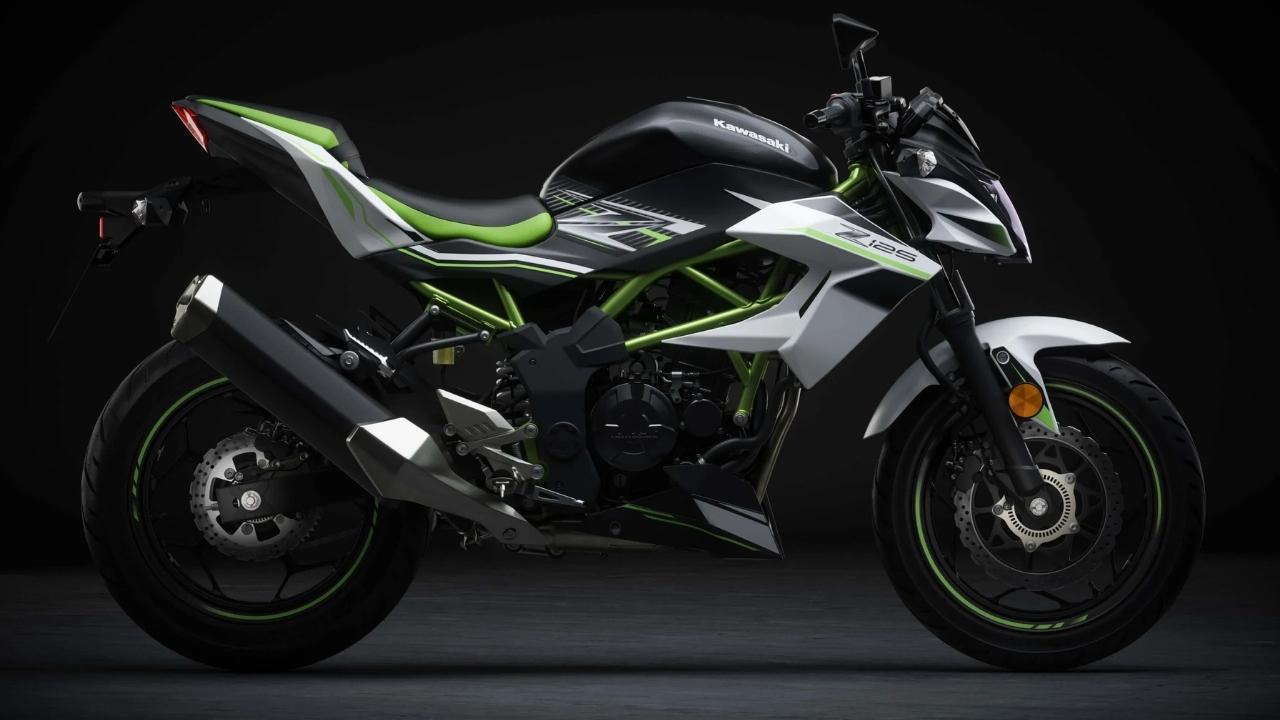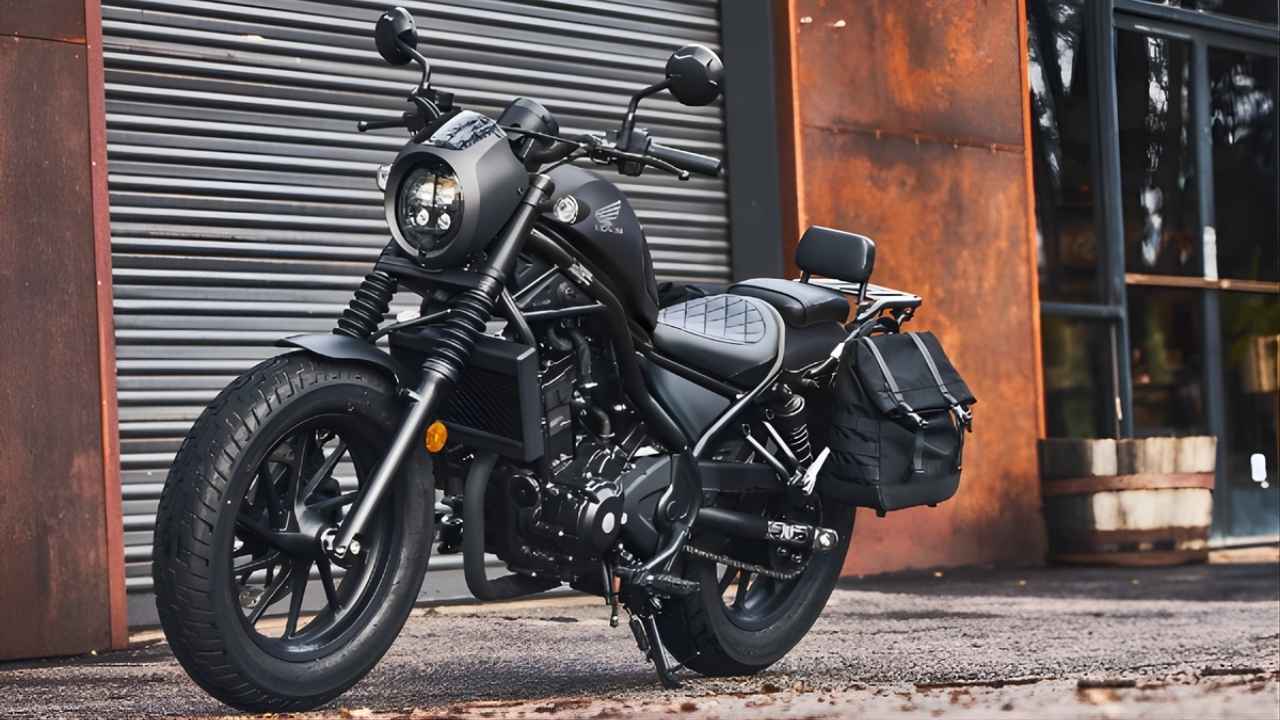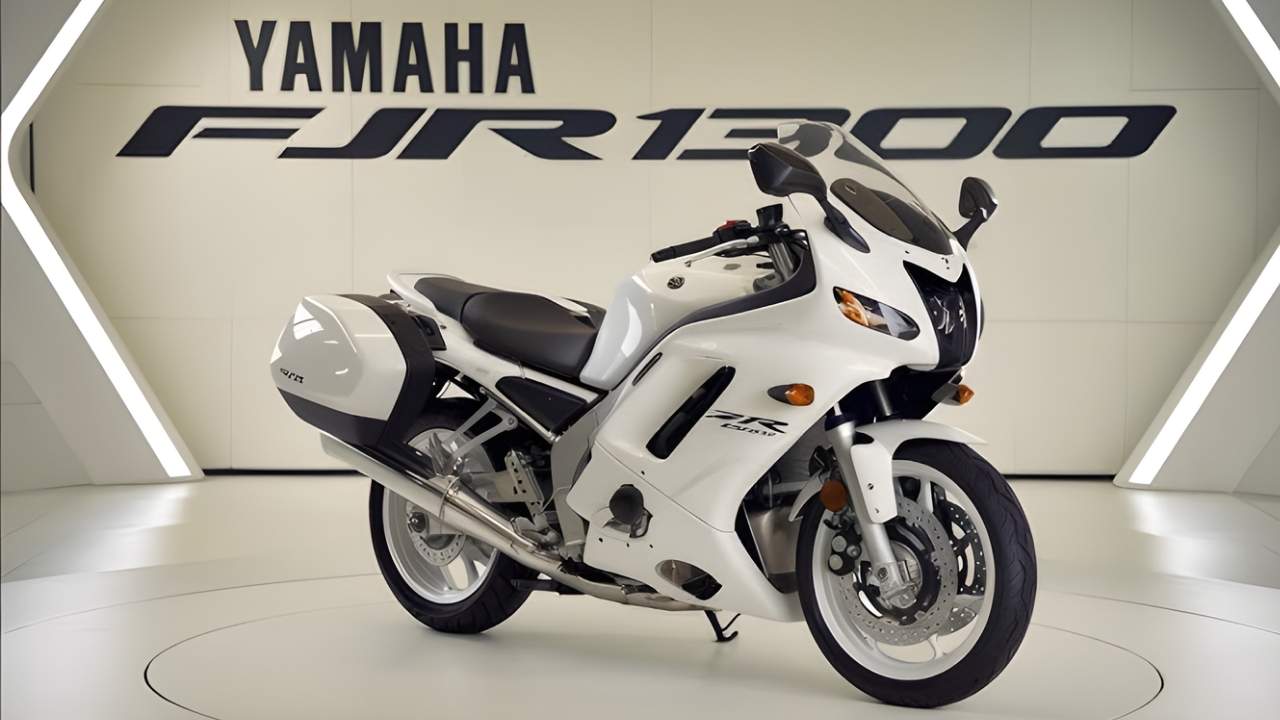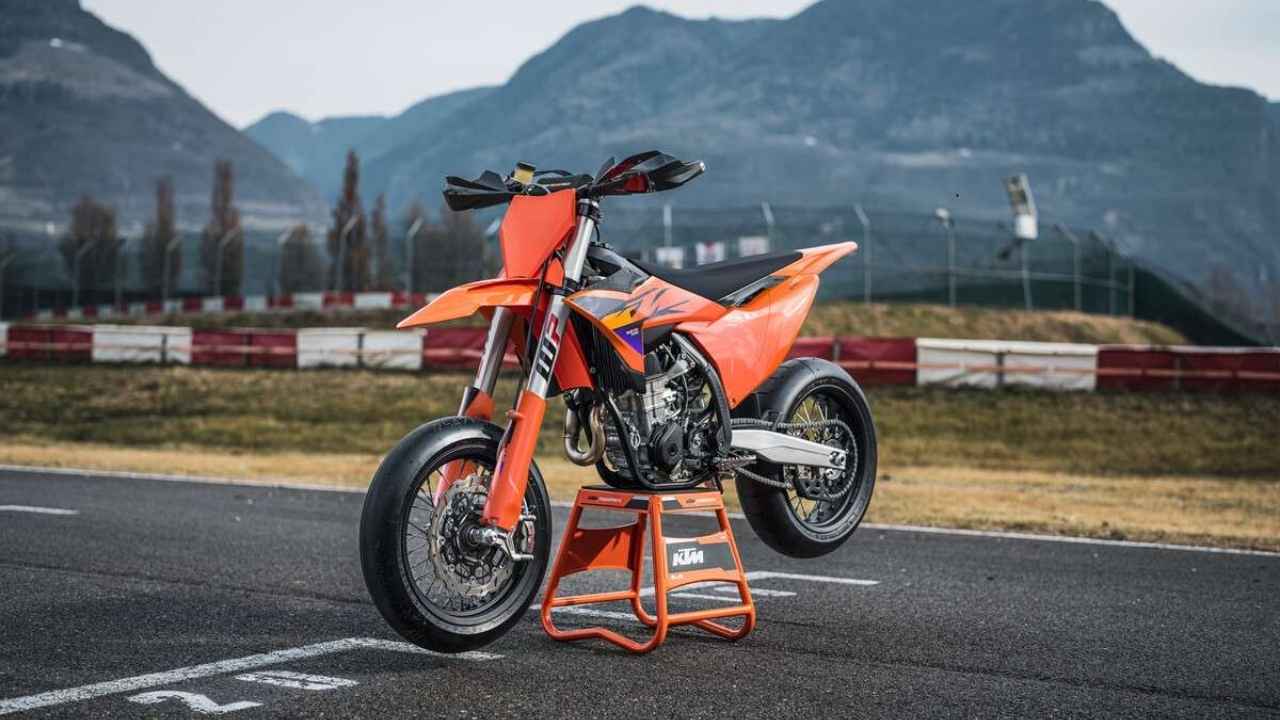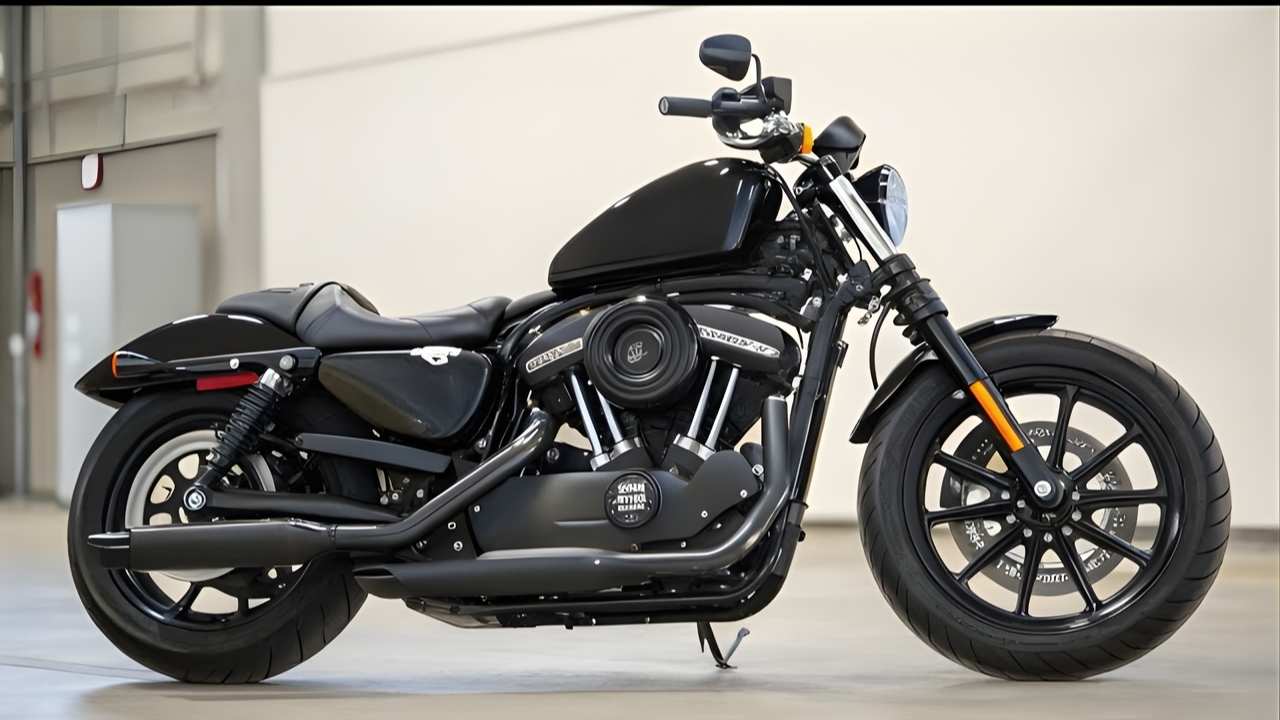When people talk about motorcycles today, they think of speed, design, and freedom. But rewind more than a century, and the story begins with something far simpler; steam, wood, and a dream. The first production motorcycle wasn’t just an invention; it was a revolution that redefined personal transport forever.
From rickety steam contraptions to roaring combustion engines, the evolution from the 1870s to early 1900s paved the road for every Harley, Honda, and Ducati to exist. Let’s ride back to the very beginning, when two wheels met innovation.
The First Production Motorcycle That Changed History Forever
The story of the first motorcycle began with wood, steam, and imagination. From Daimler’s 1885 Reitwagen to Harley’s 1903 debut, these early machines transformed curiosity into motion and laid the foundation for global motorcycling culture.
Germany sparked the revolution, France refined the design, and America gave it soul. Each invention from Hildebrand’s twin to Indian’s single; pushed the limits of freedom, speed, and engineering excellence on two wheels.
What began as a wooden frame with a tiny engine evolved into a symbol of independence and adventure. Every modern superbike still echoes that first rumble that changed the world forever.
Quick View on Evolution of Early Motorcycle Era
| Year | Model / Maker | Origin | Engine Type | Legacy |
|---|---|---|---|---|
| 1885 | Daimler Reitwagen | Germany | 264cc single | First internal combustion two-wheeler |
| 1894 | Hildebrand & Wolfmüller | Germany | 1,489cc twin | First mass-production motorcycle |
| 1898 | Orient-Aster | U.S.A. | 1¾ hp single | First American production motorcycle |
| 1901 | Indian Single | U.S.A. | 1.75 hp single | America’s first successful motorcycle brand |
| 1903 | Harley-Davidson Prototype | U.S.A. | 405cc single | Birth of a global icon |
| 1905 | Peugeot Motobicyclette | France | 2.25 hp | Defined the modern motorcycle layout |
1885 – Daimler Reitwagen: First True Motorcycle
In 1885, in a small German workshop, Daimler and Maybach built what history now calls the first production motorcycle, the Daimler Reitwagen (“Riding Wagon”). It looked more like a wooden bicycle with a small engine than today’s motorbikes, but it was revolutionary.
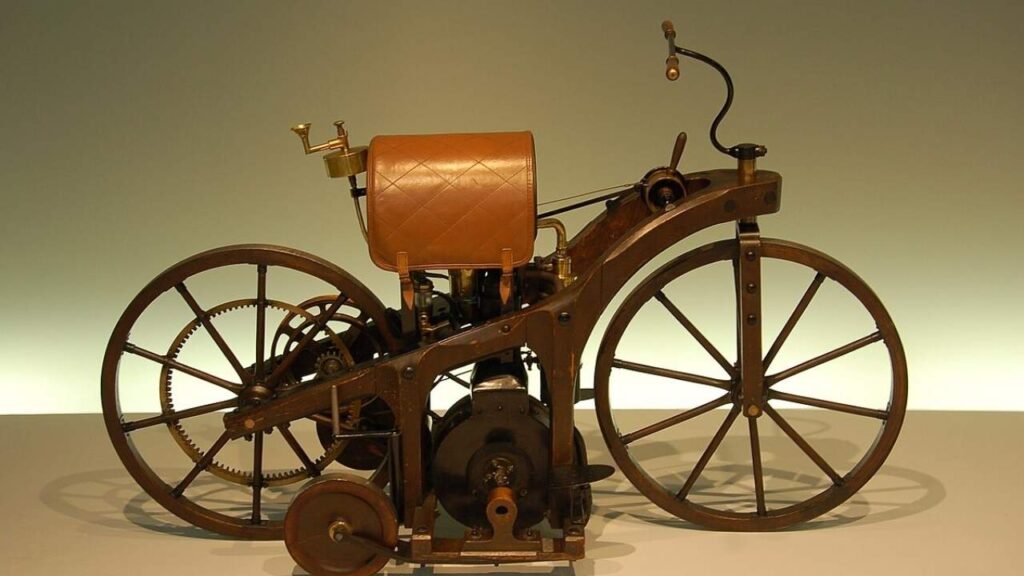
- Inventors – Gottlieb Daimler and Wilhelm Maybach (Germany).
- Engine – 264cc, single-cylinder, 0.5 hp, four-stroke.
- Nickname – “The Riding Car”.
Using a petrol-powered internal combustion engine, this was the first time anyone mount an engine to a two-wheeled frame. It could reach speeds up to 7 mph (11 km/h) – modest today, but groundbreaking back then.
Why It Mattered?
The Reitwagen wasn’t sold in large numbers, but it was the first proof of concept that a motorized two-wheeler could work. It transformed how people imagined personal mobility and paved the way for the motorcycle industry to be born.
1894 – Hildebrand & Wolfmüller: First Production Motorcycle
If Daimler’s Reitwagen was the prototype, the Hildebrand & Wolfmüller was the first motorcycle ever mass-produced for public sale. Introduced in 1894, this machine dropped the “motor-bicycle” label and officially used the word “Motorrad” which means motorcycle in German.
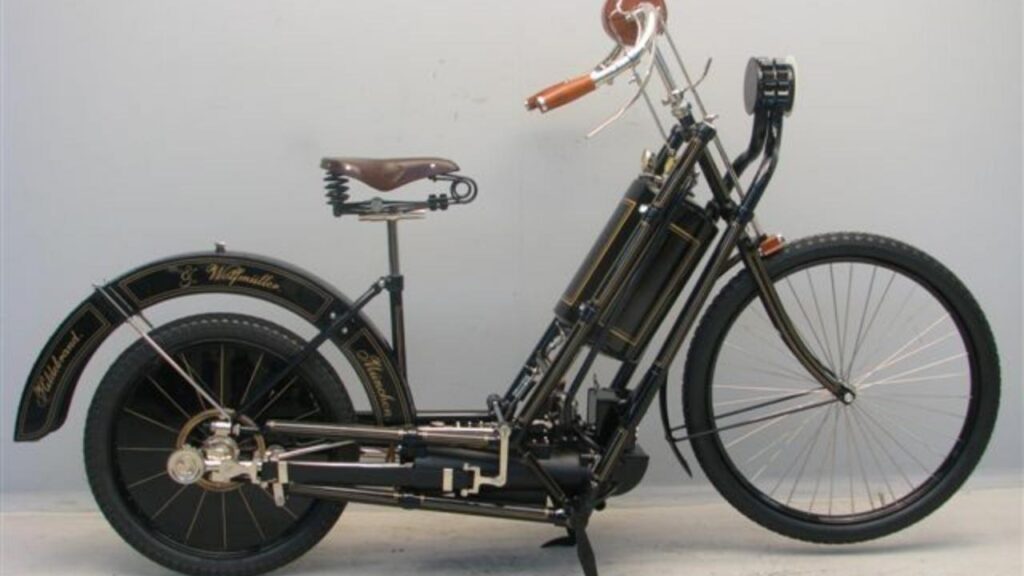
- Origin – Germany.
- Engine – 1,489cc, twin-cylinder, four-stroke.
- Top Speed – 28 mph (45 km/h).
- Production – Around 200 units.
It had no clutch or pedals; the rider started it by running and jumping on as the engine kicked to life. The design was basic but elegant; steel frame, leather drive belt, and water-cooled cylinders.
What Made It Legendary?
- First motorcycle available for purchase by the public.
- First use of the term “motorcycle”.
- Introduced industrial-scale motorcycle production.
Though production only lasted a few years, the Hildebrand & Wolfmüller changed everything. It was the spark that ignited the global motorcycle industry.
1898 – Orient Aster (U.S.A.)
By 1898, America joined the motorbike movement. The Orient-Aster became the first U.S. production motorcycle, built by Charles Metz’s Waltham Manufacturing Company. It looked like a pedal bicycle with a motor strapped to its frame and it worked beautifully.
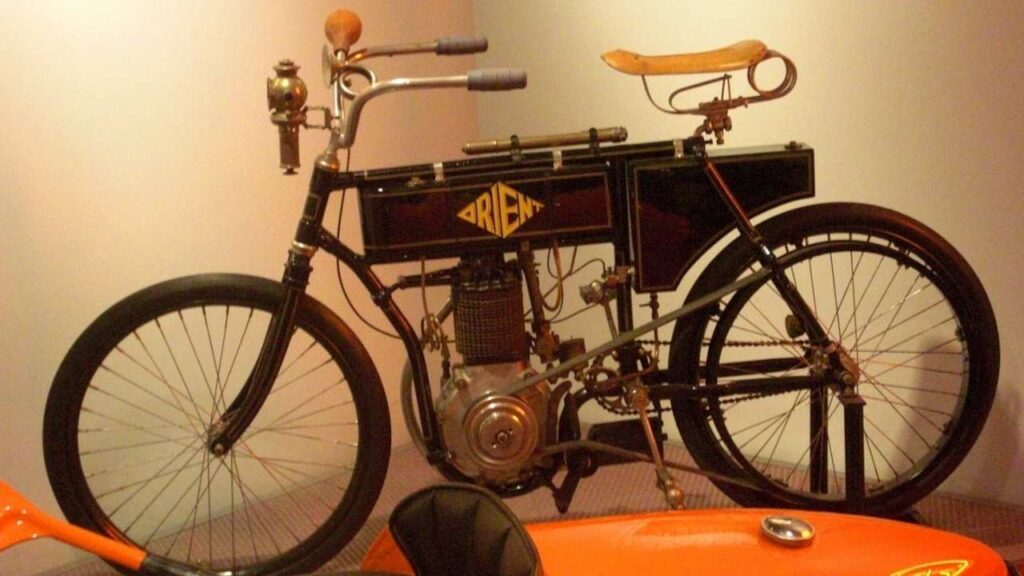
- Manufacturer – Metz Company, Massachusetts
- Engine – 1¾ hp, single-cylinder Aster engine
The Orient could cruise at around 25 mph, lightweight and reliable enough for early roads. More importantly, it became the first American motorcycle sold commercially.
Quick Fact
The Orient’s tagline in 1900 ads boldly declared – “Motoring on Two Wheels – The Fastest Way to Freedom.” And that slogan perfectly captured the spirit that would later define Harley-Davidson and Indian.
1897 to 1901 – French Pioneers Lead the Way
Before the British and Americans dominated, the French were the early masters of two-wheel engines. Between 1897 and 1901, companies like De Dion-Bouton, Peugeot, and Werner Brothers launched lightweight, beautifully engineered motorcycles that advanced speed, comfort, and control.
| Year | Model / Maker | Highlight |
|---|---|---|
| 1897 | De Dion-Bouton Tricycle | First powerful small engine (2.25 hp) used in many early bikes |
| 1898 | Peugeot Motobicyclette | Early chain-drive motorcycle |
| 1901 | Werner Motocyclette | Moved engine from rear wheel to frame, the layout still used today |
These French designs standardized the “motorcycle shape” engine between the wheels, fuel tank above, and a direct chain drive. That single innovation changed every future bike’s DNA.
1899 to 1902 – The British Rise: Triumph & Ariel
The late 1890s saw British engineers join the race with their blend of craftsmanship and reliability.
Triumph (1902) introduced its first motorcycle powered by a Belgian Minerva engine. It wasn’t flashy, but it was sturdy and easy to ride, ideal for the growing middle class.
Ariel Motorcycles & Rudge-Whitworth soon followed, producing lightweight and durable machines that defined early 20th-century motorcycling in Britain.
Fun Fact
By 1903, Triumph sold over 500 motorcycles, proving that two-wheel transport wasn’t a fad, it was the future.
1901 to 1903 – Indian & Harley Davidson: The American Dream Begins
Founded by George Hendee and Oscar Hedstrom, Indian Motorcycle Company released its first production model in 1901. Known for reliability and performance, Indian bikes quickly became racing legends and police favorites.
- 1901 Indian Single (USA)
- Engine – 1.75 hp, single-cylinder
- Top Speed – 30 mph
- Claim to Fame – First successful American motorcycle brand
Just two years after Indian, Harley-Davidson was born in a small Milwaukee shed. The first Harley was hand-built by William Harley and the Davidson brothers. Though humble in power, it set a new standard for American engineering.
- 1903 Harley-Davidson (USA)
- Engine – 405cc, single-cylinder
- Output – 3 hp
- Frame – Reinforced bicycle-style chassis
Why It Mattered?
By 1905, Harley was producing bikes for sale, cementing the United States as a motorcycling powerhouse. From there, Harley-Davidson’s name became synonymous with freedom and rebellion; values rooted in that very first 1903 model.
Legacy of First Production Motorcycle
From Daimler’s wooden wheels to Harley’s Milwaukee metal, every twist of the throttle tells the story of fearless pioneers who refused to stop dreaming. They did not just build a machine. They created a new kind of freedom on two wheels.
Even today, modern superbikes whether electric, hybrid or turbocharged still carry the same wild spirit that roared to life in the 1880s. Two wheels. One engine. Endless adventure.
The first production motorcycle was more than a mechanical marvel. It was a spark that turned inventors into dreamers and dreamers into riders. Those early engines shaped a culture of courage and motion that still burns across every open road.
So when you hear an engine growl, feel that pulse of history. It all began with a wooden frame, a dream to move faster, and the sound that changed the world forever.

